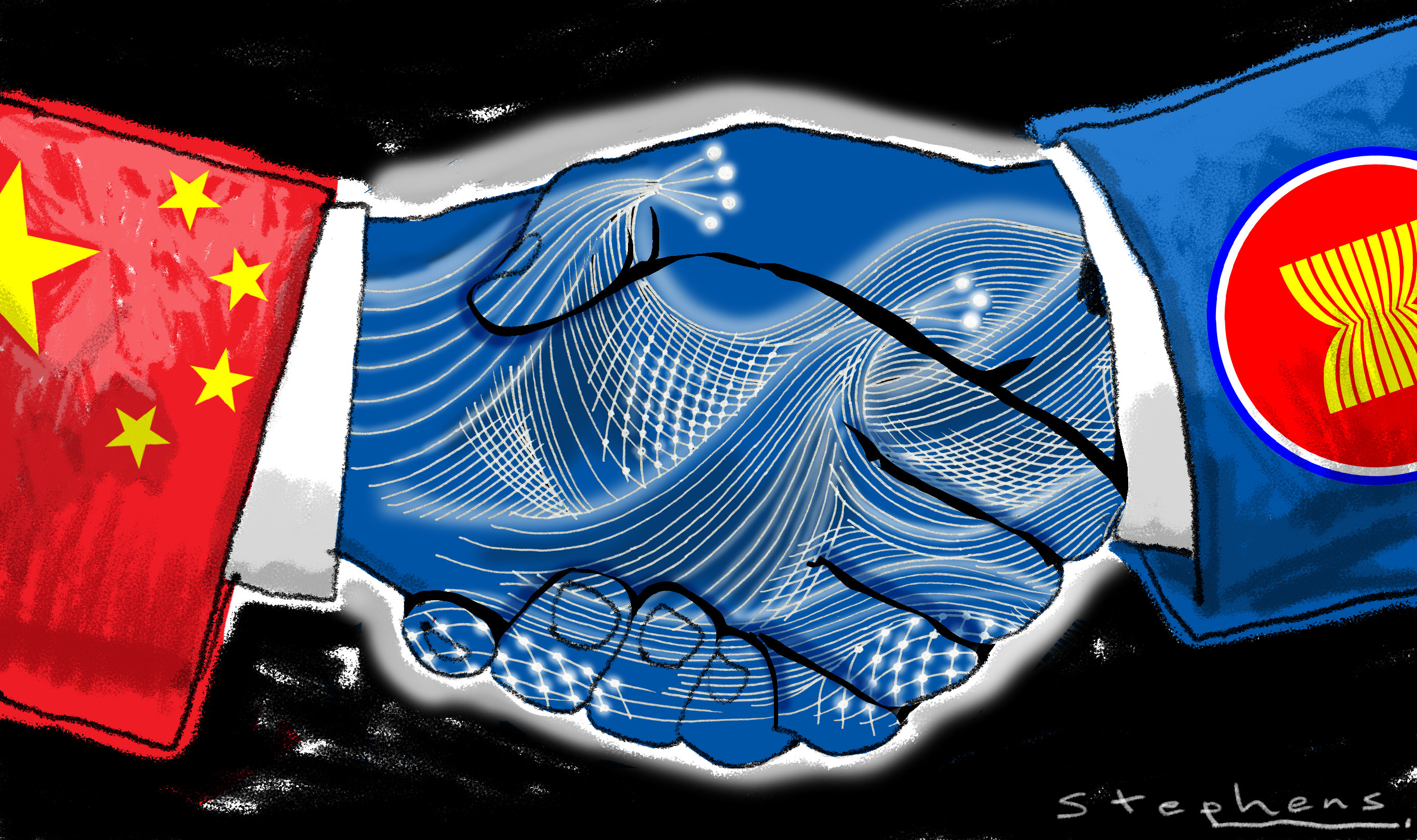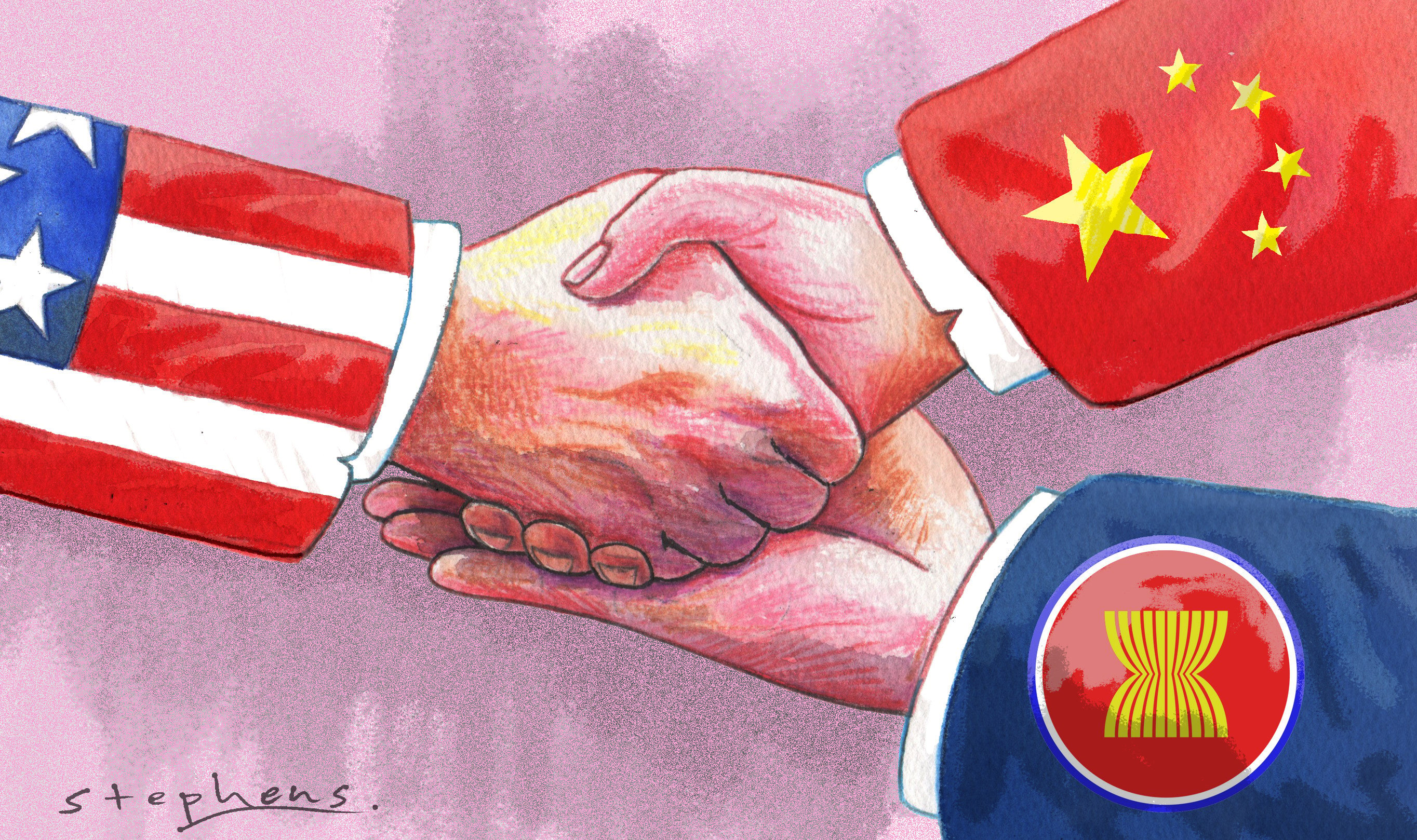Advertisement
Advertisement

Zhai Kun
Zhai Kun is a professor at the Peking University-Tencent Belt and Road Big Data Innovation Lab.
Zhai Kun is a professor at the Peking University-Tencent Belt and Road Big Data Innovation Lab.
Languages Spoken:
EnglishChinese companies are drawn to the region’s huge market, are a good fit for its social needs; and national policies show willingness to engage. Importantly, Asean members do not choose sides, allowing both the US and China to participate.
Great power conflict and global economic uncertainty are driving a shift from cooperation to defence in the Asia-Pacific, holding back the region’s development. Rather than focusing on competition, major powers like the US must look for common ground in their regional aims, while giving smaller players greater autonomy.
The US seeks an Asean alliance that undermines the bloc’s partnership with China, but the fact is that Southeast Asia can benefit from both. An Asean-led strategy can promote the region’s own interests while providing ground for building mutual tolerance between the US and China.
As the US seeks to erode China’s considerable influence in Southeast Asia, Indonesia – a prime target of US and Chinese diplomacy – should capitalise on the rivalry to strengthen Asean and boost cooperation on development.
Advertisement




